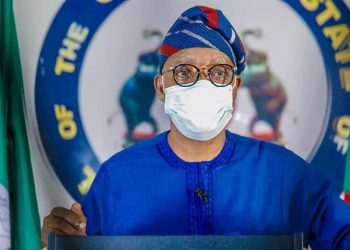- Following a new law banning imports from China’s Xinjiang region over slave labor concerns, U.S. ports have seen over 1,000 solar energy component shipments piling up since June.
- U.S. Customs and Border Protection has seized 1,053 shipments of solar energy equipment between June 21, when the Uyghur Forced Labor Protection Act went into effect
- The detained products include panels and polysilicon cells likely amounting to up to 1 gigawatt of capacity and primarily made by three Chinese manufacturers
WASHINGTON D.C.: Following a new law banning imports from China’s Xinjiang region over slave labor concerns, U.S. ports have seen over 1,000 solar energy component shipments worth hundreds of millions of dollars piling up since June.
U.S. Customs and Border Protection has seized 1,053 shipments of solar energy equipment between June 21, when the Uyghur Forced Labor Protection Act went into effect, and Oct. 25, it told Reuters in response to a public records request, adding that none of the shipments have yet been released.
Three industry sources with knowledge of the shipments, told Reuters the detained products include panels and polysilicon cells likely amounting to up to 1 gigawatt of capacity and primarily made by three Chinese manufacturers – Longi Green Energy Technology Co Ltd, Trina Solar Co Ltd and JinkoSolar Holding Co.
Together, Longi, Trina and Jinko typically account for up to one-third of U.S. panel supplies, but have halted new shipments to the United States over concerns that additional cargoes will also be detained.
Beijing initially denied the existence of any detention camps, but later admitted it had set up “vocational training centers,” which were necessary to curb what it said was terrorism, separatism and religious radicalism in Xinjiang.
Last month, Li Gao, the head of the climate change office at the Ministry of Ecology and Environment, said some countries “fabricate reasons to suppress China’s photovoltaic enterprises…damaging the global collective effort to fight climate change”
In an email, Jinko said it is working with CBP on documentation proving its supplies are not linked to forced labor and is “confident the shipments will be admitted.”
The bottleneck is a challenge to U.S. solar development at a time the Biden administration is seeking to decarbonize the U.S. economy and implement the Inflation Reduction Act, a new law that encourages clean energy technologies to combat climate change.
Solar installations in the United States slowed by 23 percent in the third quarter of 2022, and nearly 23 gigawatts of solar projects have been delayed, largely due to an inability to obtain panels, according to the American Clean Power Association trade group.







